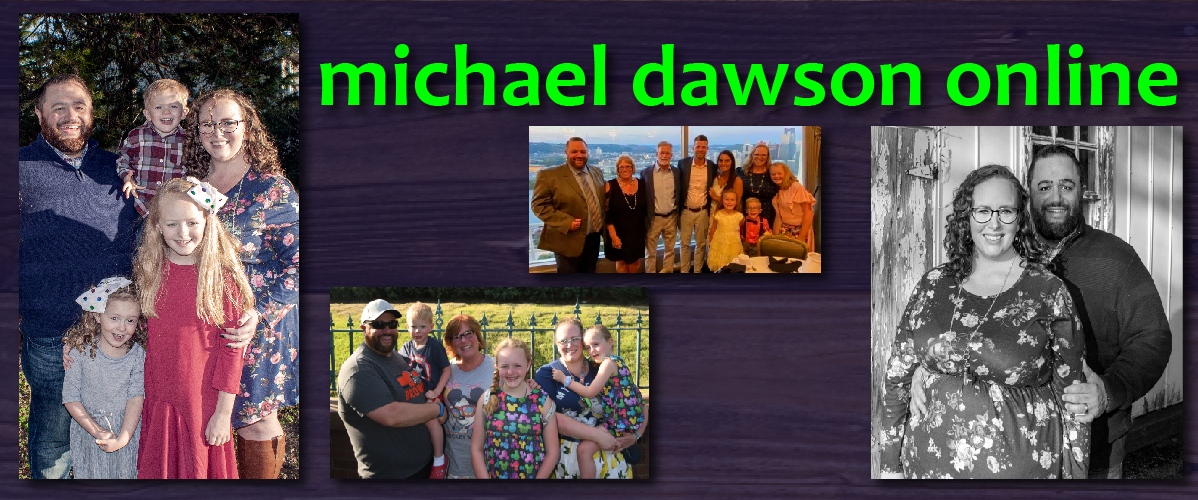Today’s reading comes from Exodus 4-6. Before reading I invite you to pray and asked God to speak to you as you read his word.
God’s people have been in Egypt for nearly four-hundred and thirty years. The generation we meet in Exodus knows no freedom. They have spent their entire lives as slaves to Pharaoh. They have heard the stories of Abraham, Isaac and Jacob. They have heard the promises God has made to them. They know of the land flowing with milk and honey that their people has been promised. The oppression they have endured has caused them to cry out to God. God has heard their cries, and he is preparing a leader.
Moses meets God at the burning bush, gives him his mission (I like to imagine this encounter where God is showing Moses the signs he can do with the staff, the water, and his own hand as the precursor to “Q” from James Bond.), and then sends him back to Egypt. Moses joins with his brother Aaron and goes before Pharaoh.
Pharaoh hears the demands of God and pretty much laughs in His face, making the work of the Israelites even harder. The deliverance from God from the yoke of the Egyptians is very near. But right now, with the work increasing, it seems like they are in their darkest days. Moses attempt to get them out of slavery has only made their work harder. To them, they are in darkness. But is not true that darkest part of night is always right before dawn?
It’s a great lesson to learn. Maybe our darkest hour is right before the dawn. Right before new things are about to happen. Right before God’s deliverance from whatever yoke we are carrying around is about to take place. Have you seen this play out in your own life? I bet if you look closely you have. And I would also imagine it’s that darkest hour that has made you stronger. These dark hours for the Israelites are going to prepare them for their journey to the Promised Land and their time in the wilderness.
At West Side we are beginning a new prayer partner campaign. We are asking people to join with us in praying daily for West Side. If you would like to join us please click here and subscribe to receive daily emails containing a short prayer request for West Side. We appreciate your partnership.
